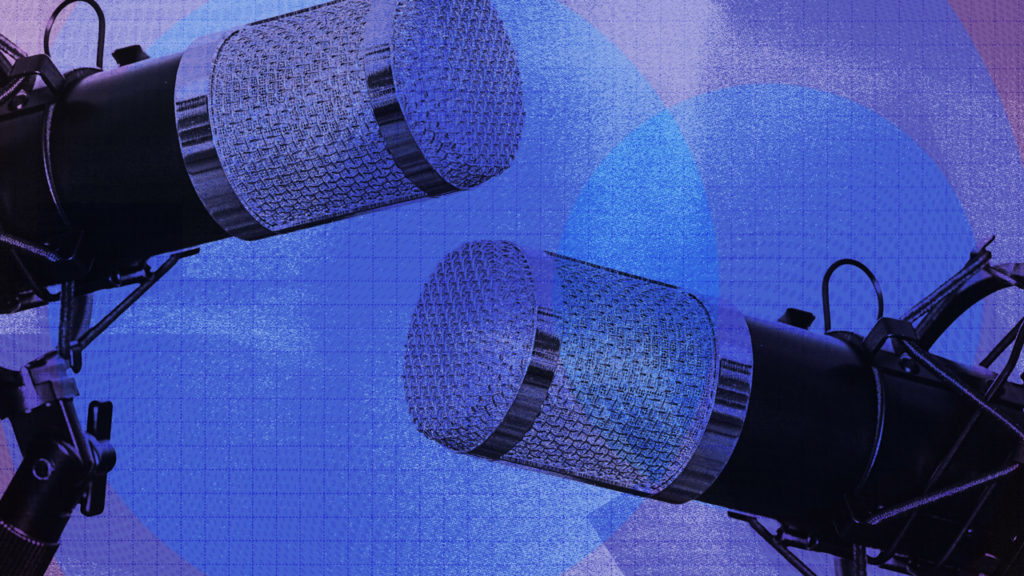US podcast ad revenues reached a total of $479 million in 2018, according to the Full Year 2018 Podcast Advertising Revenue Study conducted by the Interactive Advertising Bureau (IAB) and PwC. The number reflects a 53 percent increase in podcast ad revenues from 2017 ($314 million), and almost double to the $220 million in 2016.
Proof that podcast ads are no longer a niche advertising vehicle, the study predicts that US podcast marketplace revenues will double by 2021, amounting to over $1 billion. Additionally, leading podcast companies’ self-reported revenues will reflect a 34 percent increase with $345 million, compared to $257 million in 2017.
Among the five business categories that represented part of the findings, direct-to-consumer (DTC) retailers and financial services spent the most on advertising, followed by business-to-business (B2B), entertainment and telecommunications.
Though dynamically-inserted (DI) ads increased from 41.7 recent to 48.8 percent, baked-in ads represented the majority of ads in 2018. Host-read ads remain the preferred method of podcast ads, making up 63.3 percent of ad types, and pre-produced ads constituting the remainder.
The findings also show that direct response campaigns are decreasing in popularity, whereas the integration of brand awareness and branded content ads is increasing.
“Podcast storytelling is deeply engaging and provides marketers with a brand safe environment that enhances the appeal to advertisers,” said Anna Bager, executive vice president, Industry Initiatives, IAB.
The study surveyed the 22 largest podcast advertising revenue generators via a quantitative mailing survey on the following self-reported data: net commissionable advertising revenue by delivery mechanism, advertisement type, campaign type, buy type, pricing model, podcast program genre and advertising business category.
Dollar Shave Club, Oral B, Casper and New Amsterdam Vodka are among thousands of brands who have either advertised on a podcast or created a branded podcast. Still, the discovery of podcasts remains an issue as over 100 million Americans don’t know how to download and listen to podcasts.
“[Podcasting] is not a passive medium like radio, for example, which can be on in the background. Podcasts are much more likely to be an intentional, foreground experience. Someone tunes in because they want to listen and want to absorb it,” noted Bryan Moffet, COO of National Public Media, as reported by eMarketer.

